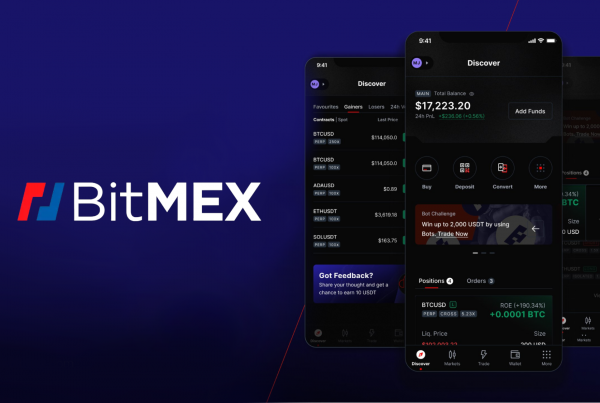Key highlights:
- Binance Smart Chain (BSC) has attracted many DeFi projects recently, and some users are also switching over because of the high fees on Ethereum
- Aside from Binance Smart Chain, BNB also has many use cases in the Binance ecosystem
- BSC supports many of the features of the Ethereum blockchain, so DeFi protocols can quickly transition to it
February has so far been an excellent month for BNB, as the cryptocurrency climbed above $300 and registered gains of over 450% since February 1. The coin also moved up the cryptocurrency market cap rankings, and even managed to take over the 3rd place from Tether’s USDT.
Binance Smart Chain (BSC) was the key reason for this rapid surge in BNB’s price. BSC is a blockchain platform developed by Binance that supports smart contracts and also offers much faster and cheaper transactions than Ethereum. The BSC platform also supports many of Ethereum’s features, making the platform more accessible to developers who are already building on Ethereum. However, BSC had to make some sacrifices on the decentralization front to achieve its impressive performance, and BSC has been criticized as too centralized by some blockchain experts.
Binance Smart Chain is the crucial player in the BNB bull-run
Bitcoin and Ethereum have both been performing well, and this undoubtedly also helped the BNB markets as well. However, the massive gains displayed by BNB were largely driven by the popularity of the BSC platform.
Due to high demand, the Ethereum blockchain currently doesn’t provide the best experience for many users due to high transaction fees. BSC has emerged as an alternative, and managed to attracted DeFi projects such as Value DeFi and Harvest Finance. PancakeSwap, a project that started on Binance, has seen its CAKE token climb to a valuation of around $2 billion. Some analysts believe PancakeSwap was an essential factor in the recent momentum of of BSC and BNB.
BNB’s use cases
Binance Coin, or BNB in short, was launched through an ICO conducted by Binance in 2017. It was first an ERC-20 token on Ethereum Blockchain, but migrated to its own Binance Chain blockchain later. BNB is the native coin of the Binance ecosystem, and it has many different use cases. Some of the significant use cases of BNB are as below:
- The primary use case of BNB is receiving discounts in trading fees. It was the initial usage of BNB, and BNB holders in the Binance ecosystem can get a 25% discount in trading fees at the moment.
- Binance Coin is the native coin in BSC. BSC has attracted many DeFi protocols, and it could help BNB grow a massive amount.
- Users can access different services of Binance by holding BNB. For instance, they can participate in token sales. Many previous token sales on Binance turned out to be profitable, and this can create a significant demand for BNB.
- BNB can be used for purchasing goods and services, just like Bitcoin and Ethereum. Many different exchanges, wallets, and services support BNB, and it doesn’t have any problem with liquidity. This makes it easy for people to use BNB to transfer value to their families and friends.
- BNB is also the native asset of Binance DEX, and it is used for paying fees. Users can trade on-chain by using the DEX, and BNB is also useful here.



